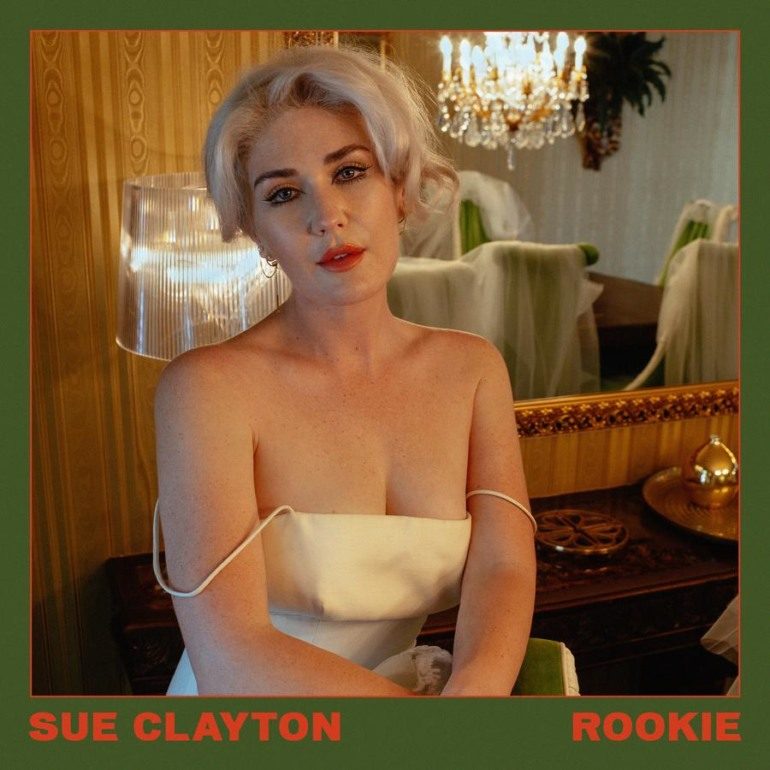

A Quest to Understand Anxiety and Love
Sue Clayton’s Rookie explores the anxieties and reflections of a single woman. Clayton uses no specific subject in her writing, delving into the realm of storytelling through songs such as “Runaway Bride” to ambiguously give a universal insight into the turmoil of dating, love, and life.
The opener, “Runaway Bride,” combines jazz-like instrumentation with angsty vocals to set the tone for her album. The repetitive baseline and melodies of the song cause the message to repeat itself in turn, echoing the message of the song throughout the album. She repeats the phrase “I play my part and leave before it starts” to paint love as a game or act, to connote its futility and repetition. The vision of a woman running away from marriage and resisting commitment presents an alternative image of modern femininity and explores her lack of capacity for love in any form, through storytelling, a theme that persists throughout the album.
Clayton also uses playful, upbeat melodies to mask a darker image. For example, the song “OMG,” though veiled in a youthful, lively title, plays on the anxieties of navigating love. She repeats the phrase “I don’t want to fall in love too old,” among a funky, jazzy instrumentation to put up a front against the sorrowful message of the song itself. Similarly, the song Love line includes several playful features such as using “1234 lyrics” and opening with a recorded laughing track. Yet, the song in its reality follows the hollow, futile world of navigating love, drawing comparisons to sex lines to paint an image of the darkness that comes with longing for love. She finishes the track with a recorded phone call between herself and a man, discussing their mutual status of being “alone forever,” amidst the context of a sex hotline to universalize this message and to end the song on a note of dismal suppression.
On top of these more playful songs, she incorporates angsty vocals and aggressive instrumentation to represent an outpour of emotion, creating more diversity in her navigations of love and life. In “palm springs cemetery,” she begins with the honesty of acoustic guitar and isolated vocals to create an intimacy between her and her listeners, to then explode into a medley of sound and emotion. She uses the image of buying “(her) own pink flowers” for herself rather than for a gravestone in a ballad of loneliness, reminiscing on the solitude of “always living alone” and having no one to love or even to mourn. In taking the bleak image of death and using it as a symbol of isolation even for the living, she paints an overwhelming picture of desolation.
The final song, “Buttermilk sky,” ties together the messages of the album. Through tamed, acoustic vocals she contemplates true love in yet another storytelling song of a woman silenced by her own marriage. In using the concept of an unrequited, hollow marriage, she ends the album on a note of hopelessness, finishing with cracking, shaky vocals repeating, “I will bless them and then I’ll let it rest.”
In conclusion, though Clayton’s album at times feels repetitive or difficult to understand, she places herself at an intersection of sound and genre to present a universal depiction of the anxieties of being alone and navigating love. Her storytelling lyrics add a unique depth and imagery to her work, giving her album countless faces and forms to provide a unique take on loneliness.
